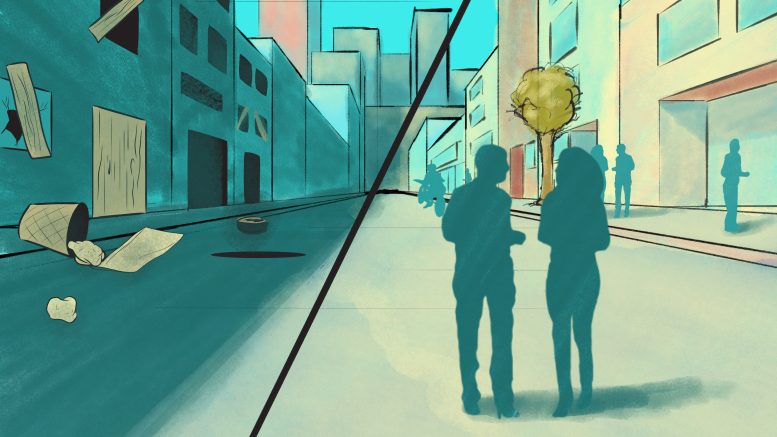I took a four-month hiatus from Winnipeg this summer, working in four different provinces across Canada.
As a native Winnipegger of 20 years, I hold a certain gratitude and admiration for this city, as it raised me to be who I am today. Though upon return, much of my prior appreciation for the city and its character has vanished.
Seemingly in a blink of an eye, the aura Winnipeg once gave off — that of a lively home for local artists, restaurants and exhibits — had disappeared.
In gauging public complacency regarding Winnipeg’s declining nightlife scene, a political studies student told me, “you don’t realize how little there is to do here until you go somewhere else.”
He took the words out of my mouth. Seldom after a soirée elsewhere do I think to myself, “Winnipeg does it better.”
Students are not the only ones who have growing concerns with our nightlife downturn. Mayoral candidate Shaun Loney has plans to, upon election, appoint a “nightlife mayor.”
The idea for the position came from Thomas Sparling, executive director at Creative Manitoba, who has been a long-standing advocate for Winnipeg’s arts and culture scene.
The duties of the nightlife mayor, according to a news release from Loney’s campaign, are to accelerate the licensing process for businesses, create safe hubs where Loney’s proposed MetroMobility transit service can offer safe late-night transportation and improve working conditions for shift workers, such as performers, bus drivers and bartenders.
On a macro-scale, Loney explained in a press release that he will ask the “nightlife mayor” to get community feedback about establishing a dedicated nighttime district, closed to vehicles on a seasonal basis, with a variety of venues including art galleries, theatres and co-working spaces, as well as bars and clubs.”
The merits of implementing this position would be three-fold: it would produce a more vibrant nightlife for Winnipeg’s residents and increase our tourism economy, all the while supporting Winnipeg’s local entertainment, art and cultural communities.
This position is not the first of its kind. The role originated in European cities, namely Amsterdam, Paris and Zurich. Canadian cities have taken notice of the role’s success and are in the process of implementing similar positions.
In fact, earlier this summer, mayor of Vancouver Kennedy Stewart announced his plans to enact an “office for night time economy,” which includes the hiring of a “night advocate” next fall.
Loney hopes to bring this role to Winnipeg upon his election as mayor.
With the chance to revitalize Winnipeg’s nightlife, perhaps a “nightlife mayor” is the way for Winnipeg to move forward, especially after the pandemic has messed with potential efforts at rekindling the fun aura of our city.


